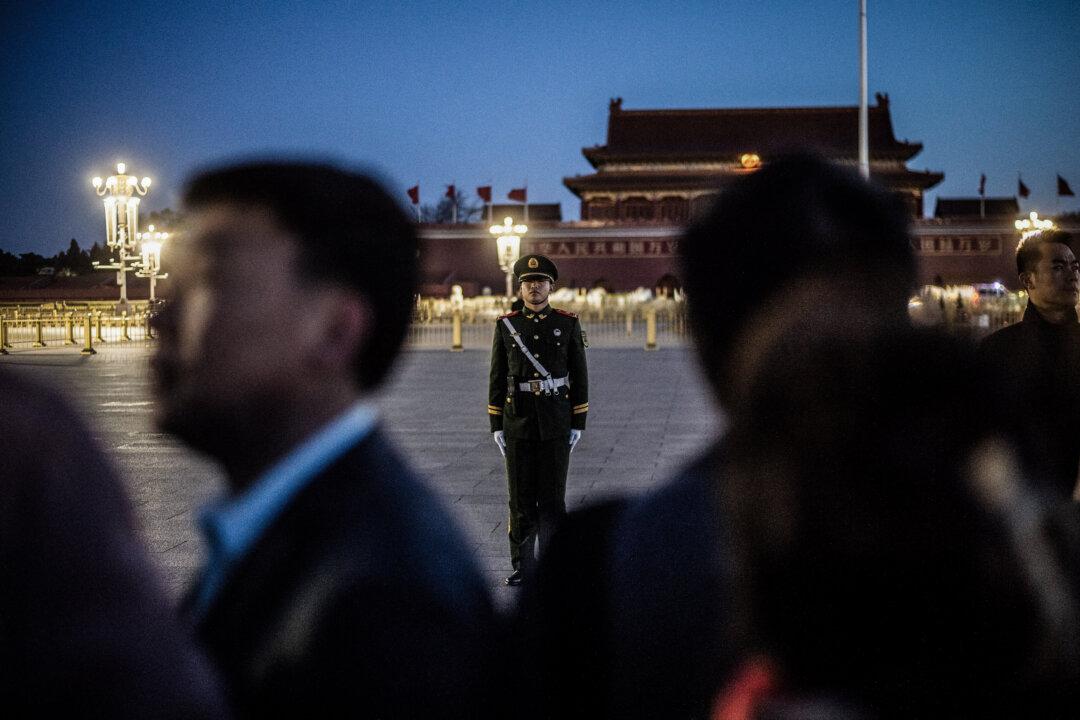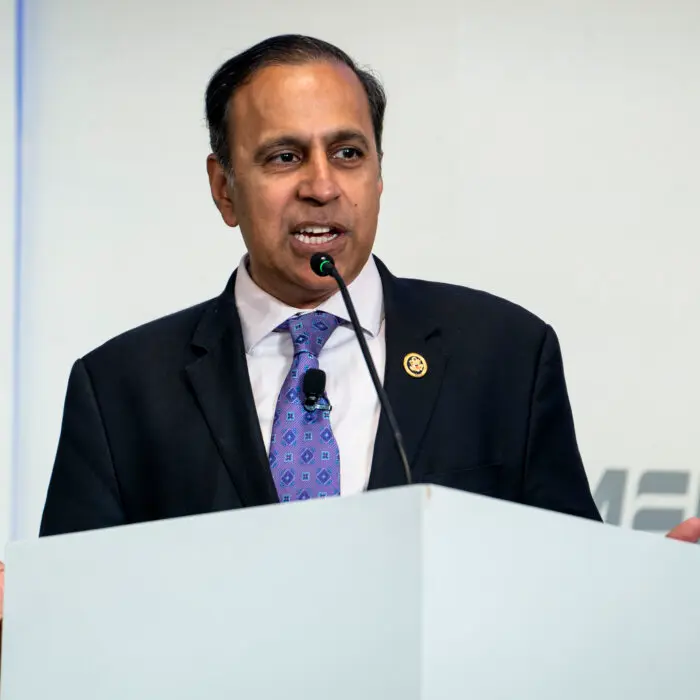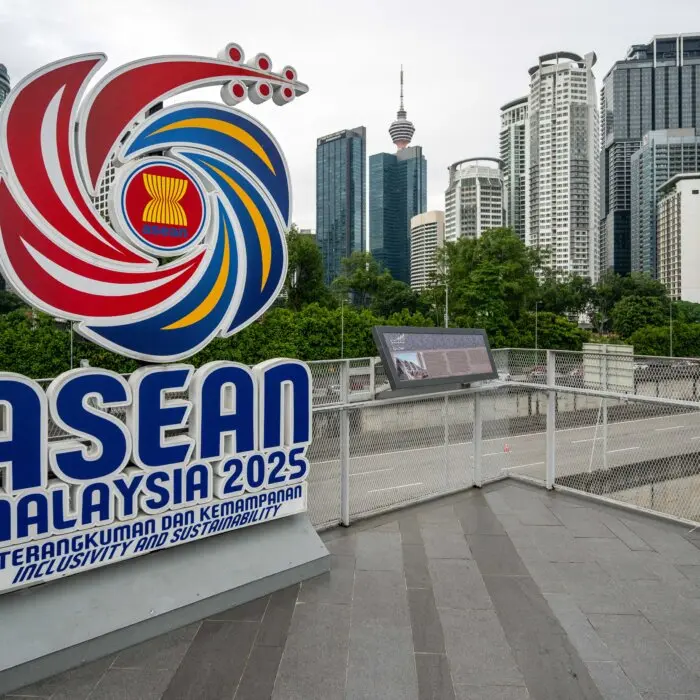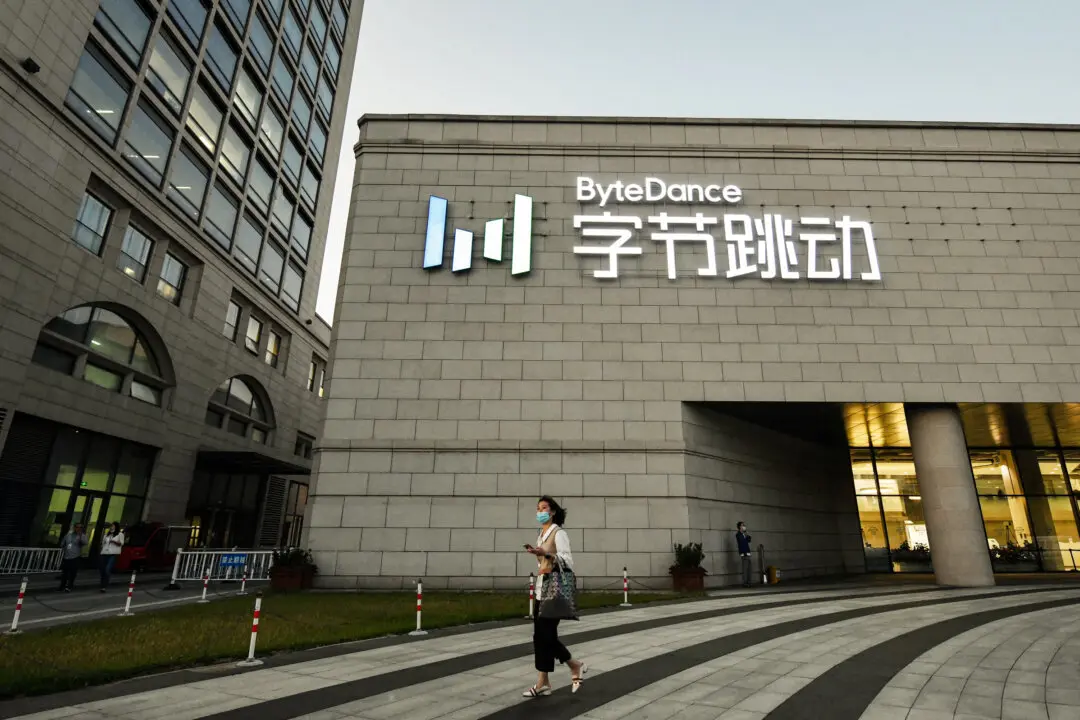The Chinese regime’s Ministry of State Security has issued a public statement about retired intelligence personnel leaking secrets to foreign entities. It previously handled such cases in secrecy.
Analysts said this indicates that authorities are extending their tightened control to retired officers amid the ongoing top echelon infighting in the ruling Chinese Communist Party (CCP).
Chinese state media reported that the Ministry of State Security posted a notice on its official WeChat account on Nov. 9, saying that in recent years, there have been frequent incidents in which retired personnel from classified units have leaked secrets. The ministry reminded the public that “keeping classified information confidential is no small matter” and that even after leaving their posts, they should always be aware of the confidentiality of such details.
The notice listed several common mindsets of the retired officers that pose a high risk of leaking state secrets, such as “I just took the documents home to organize them, how could that be a leak?” and “I’ve been retired for many years, these old materials are no longer useful, who would care?”
The notice publicized the case of Cheng, a retired officer of a certain classified unit, who contacted foreign intelligence agencies on multiple occasions, providing top-secret and confidential state secrets to help his children obtain student visas. Cheng was ultimately sentenced to jail for espionage and deprived of his political rights, according to the notice.
This is the latest in a series of cases in which Chinese individuals with access to classified information have sold intelligence to foreign entities this year that the ministry has revealed, which is unlike its previous practice of keeping such cases secret from the public.
Xi Tightens Grip Over Classified Units
The latest case was reported after the CCP’s top political meeting, the Fourth Plenum, took place in late October. Additionally, the minister of state security, Chen Yixin, is close to CCP leader Xi Jinping, according to U.S.-based veteran political commentator Cai Shenkun.Targeting retired intelligence officers may be “an intimidating approach to create an atmosphere of terror to maintain the political struggle and create a so-called public opinion environment for Xi Jinping to further control the country,” Cai told The Epoch Times on Nov. 11.
Xi Jinping wants to bring these classified units under his control more strongly, which is why he exposed these cases, Yeh Yao-Yuan, professor of political science and international studies at the University of St. Thomas, told The Epoch Times on Nov. 11.
Stricter Control
Li, a retired civil servant who previously worked in a central government department in China and gave only his last name out of safety concerns, told The Epoch Times that some people in classified positions still retain documents and contact networks after leaving the system.“Many people think it’s okay to keep documents at home, and no one knows that this is a violation. The current review is getting stricter and stricter, and even old documents are considered classified,” Li said.
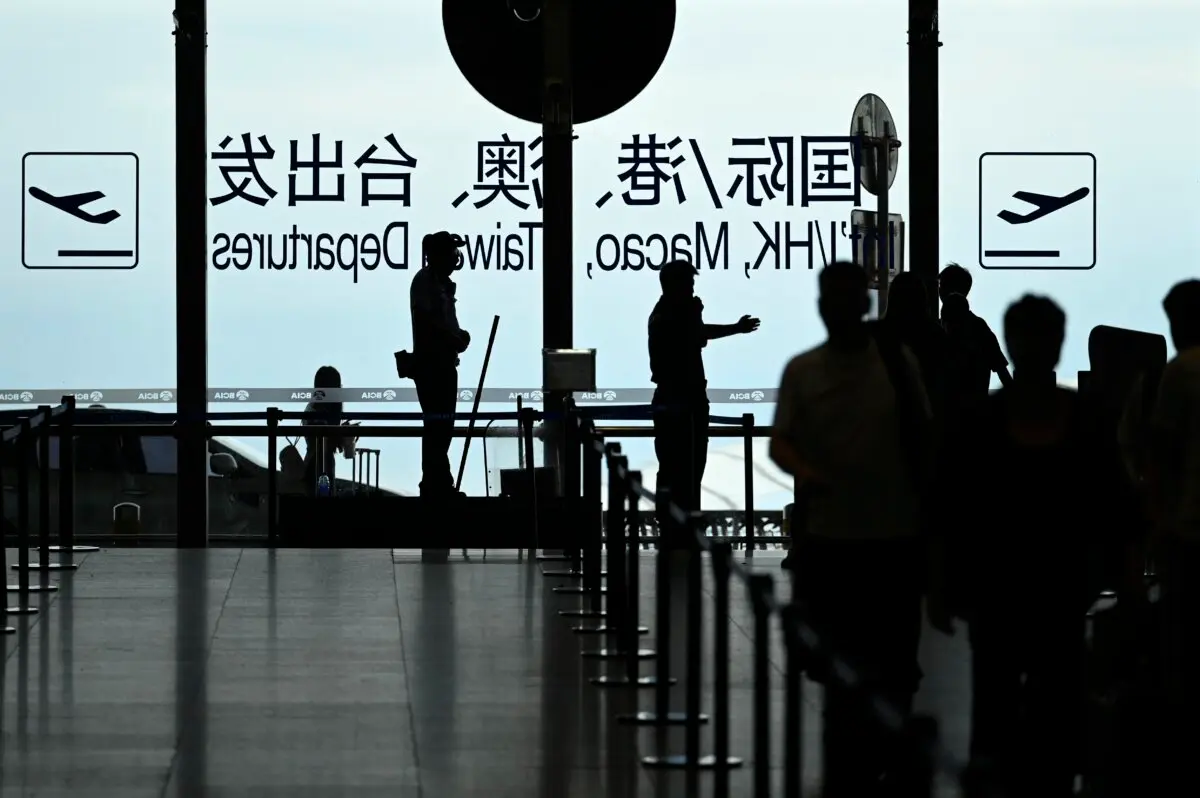
Li said that current regulations prohibit division-level employees working for classified units and in the public security, procuratorate, and judicial systems from leaving the country within three years of retirement; bureau-level employees from leaving within five years; and ministerial-level leaders or retired major generals in the military from leaving within eight years.
“If they want to go to the United States to see their grandchildren, that is absolutely not allowed,” Li said.
He added that these regulations are stricter in practice than the document specifications.
“Many retired personnel who have been in contact with classified work are still subject to continuous monitoring and investigation,” Li said.
Eric, a former Chinese spy who defected to Australia in 2023 and uses an alias, told The Epoch Times on Nov. 11 that the control of retirees has always existed.
“This current move is a further tightening of control to strengthen deterrence,” he said. “It might be a war-prepared mentality rather than political infighting, as Xi is already in control.”
Within the larger environment controlled by the CCP, Cai said, “whether inside or outside the system, not to mention retirees, people in society are also strictly controlled.”
“In reality, it’s a large prison where there is no freedom of speech or freedom of action whatsoever,” Cai said.
